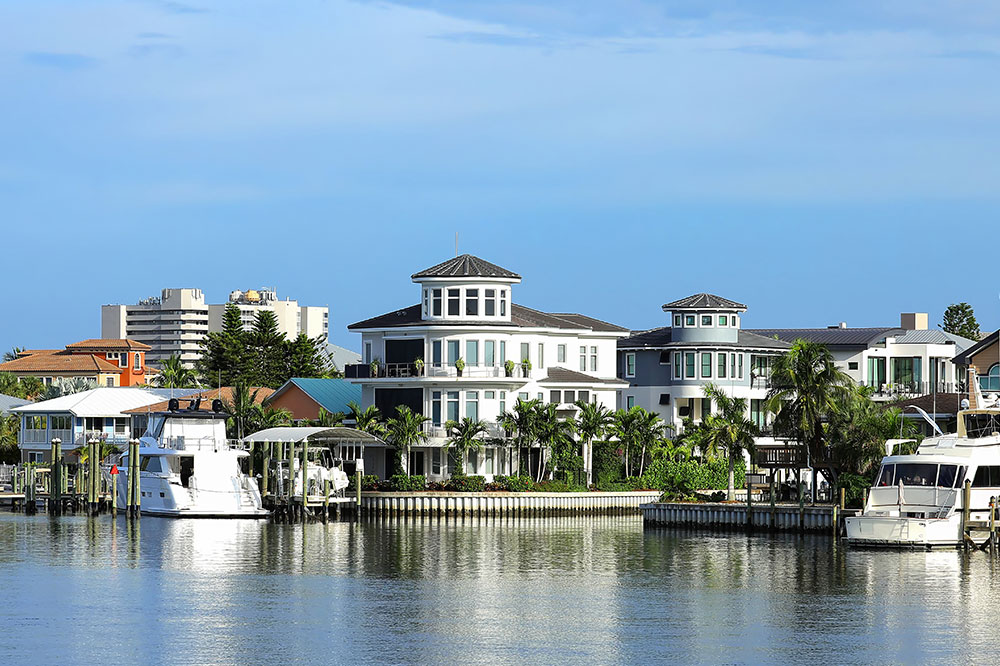Comprehensive Guide to Key Factors Before Committing to a Timeshare Contract
This comprehensive guide explores essential considerations before committing to a timeshare agreement. It covers various ownership types, costs, and flexibility options to help travelers make informed decisions. Understand the differences between fixed-week, floating-week, and points-based systems, along with ongoing expenses like maintenance fees. Proper research ensures your timeshare investment matches your travel habits and budget, providing a rewarding vacation experience. Ideal for prospective buyers, this detailed overview helps navigate the complexities of timeshare ownership and maximizes your holiday investment.

Important Considerations When Entering a Timeshare Agreement
Investing in a timeshare can be an excellent way for travelers to enjoy luxurious vacation experiences without the hefty price tag of outright property ownership. As a flexible alternative, timeshare ownership grants access to a dedicated period at a preferred vacation destination, shared among multiple owners during different times of the year. This structure makes it possible to experience premium locations and amenities at a significantly reduced cost compared to traditional real estate purchases or comprehensive rentals. However, before signing any agreement, prospective buyers need to understand the intricacies involved to ensure the investment aligns with their travel habits and financial plans.
To make an informed decision, it’s crucial to familiarize yourself with the various types of timeshare arrangements available in the market. Fractional ownership provides an affordable entry into vacation property rights without full ownership responsibilities, enabling travelers to enjoy specified time periods annually. Resale options often present opportunities to acquire complete properties at lower costs, but these come with different considerations such as legal status and property condition. You can choose between fixed-week ownership, where your vacation is scheduled for the same week every year, or floating-week arrangements, which offer more flexibility by allowing owners to select different weeks within a designated season. Additionally, biennial ownership enables owners to utilize the property every other year, a suitable choice for infrequent travelers or those preferring longer vacations less frequently.
Beyond the initial purchase price, prospective timeshare buyers should be aware of ongoing expenses that can significantly impact their overall investment. These include annual maintenance fees, management and service charges, and other miscellaneous costs that vary according to the property's size, location, and amenities. Maintenance fees are typically necessary to uphold the quality and upkeep of the property, but they can increase over time. Additionally, many timeshares utilize a points-based system, which provides greater flexibility by allowing owners to convert points into stays across multiple destinations rather than being confined to a single specific unit. Owners can allocate their points in different ways—using them all at once for a lengthy vacation or spreading them out across several trips—adding a layer of convenience and customization to trip planning. Understanding these fees and systems beforehand can help prevent unexpected financial burdens and ensure the timeshare aligns with your vacation preferences and budget.
In summary, entering a timeshare agreement requires careful research and evaluation of various factors, including the type of ownership, associated costs, and flexibility options. Potential buyers should scrutinize the terms of the contract thoroughly and consider their own travel habits and financial circumstances before committing. Doing so ensures that the investment provides the desired vacation experience without unforeseen expenses, making timeshares a valuable choice for many travelers seeking quality and affordability in their holiday plans.





